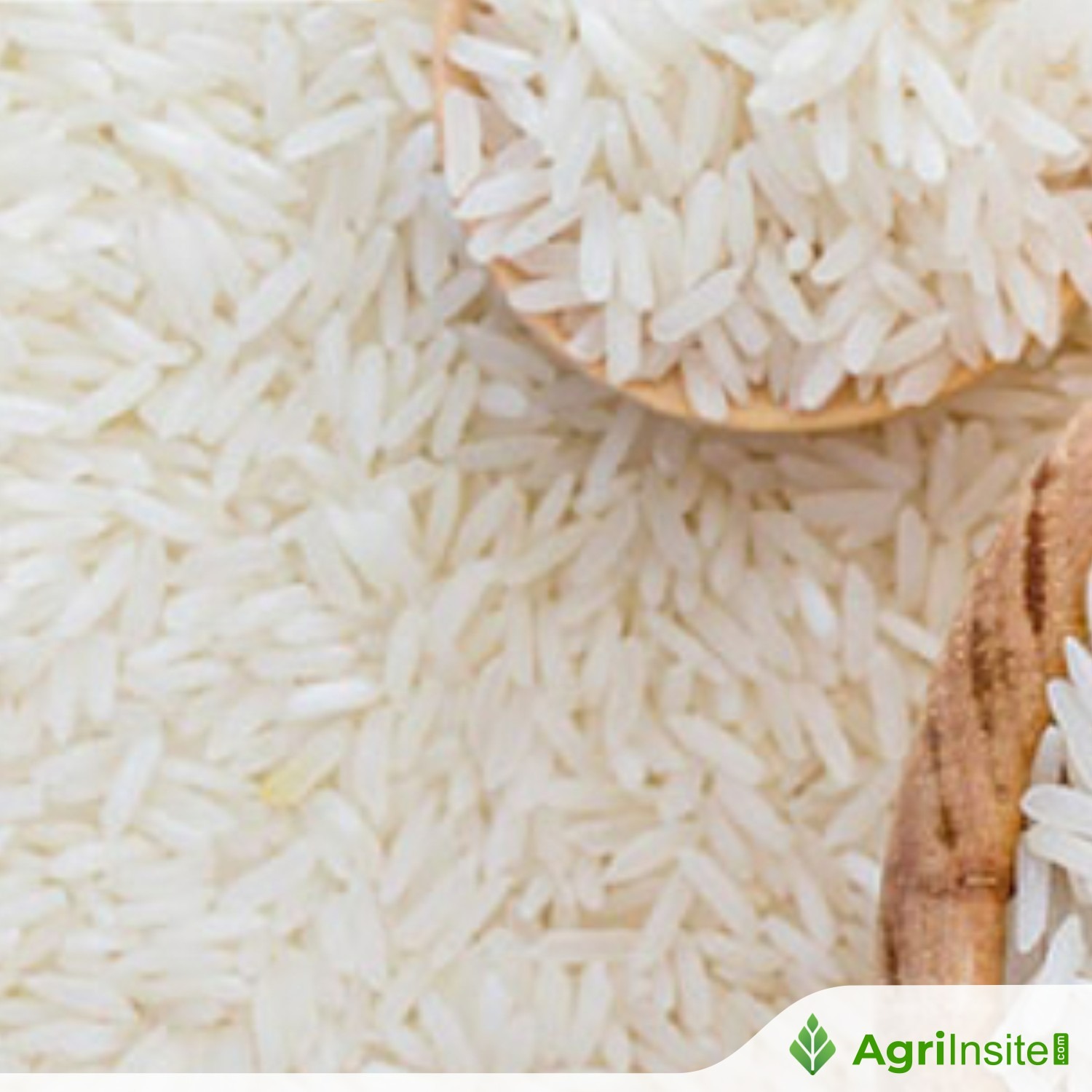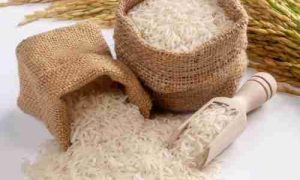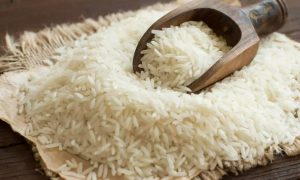Executives in Wilmar unit charged in Indonesia rice-mislabelling case

Indonesia’s National Police have named three senior officials from Padi Indonesia Maju, a Wilmar subsidiary, as suspects in a rice mislabelling case. They allegedly blended lower-grade rice with premium varieties. Charged under consumer protection laws, they face up to 20 years in prison. Wilmar has denied wrongdoing.
[JAKARTA] Indonesia’s National Police have identified three senior officials from rice producer Padi Indonesia Maju (PIM), a wholly-owned subsidiary of Wilmar International Limited, as suspects in a corruption case involving the mislabelling of rice.
The trio, referred to only by their initials, are suspected of having blended lower-grade medium rice with premium-grade rice and passing it off as a high-quality product. They are PIM’s president-director S, its factory head AI, and the company’s head of quality control, DO.
They have been charged under Indonesia’s consumer protection law, which carries penalties of up to 20 years in prison and fines of up to 10 billion rupiah (S$786,442).
Helfi Assegaf, director of the National Police’s Special Economic Crimes Directorate, said on Tuesday (Aug 5) that the police had examined the testimonies of 24 witnesses, including those of experts.
The case is part of a broader investigation by the National Police Food Task Force, which in July launched a probe into four major rice producers, including the Wilmar unit, over alleged mislabelling practices. PIM produces prominent rice brands for the domestic market, including Fortune, Sania, Siip and Sovia.
Assegaf said that the laboratory tests done revealed that the premium rice sold under the brand fell short of the quality standards stated on the packaging.
Business insights centering on South-east Asia’s fast-growing economies.
“Even after investigators held a meeting and issued a written warning, along with a request for clarification on Jul 8, 2025, the company’s board merely raised the issue verbally with the factory manager and made no effort to address the findings,” he said.
In a bourse filing on Aug 5, Wilmar denied the allegations and said it would cooperate fully with the investigation to clear its name.
The latest action against PIM follows the naming of suspects from rice producer and distributor Food Station, in the authorities’ crackdown on fraud in the country’s rice-supply chain.
Food scandal
Indonesia has, in recent years, grappled with one of its largest food-industry scandals, with multiple government agencies collaborating to probe widespread corruption, fraud and regulatory violations in the rice sector.
Central to the probe are allegations that hundreds of rice brands, many produced by big names, have been repackaging low-quality or subsidised rice and selling it as premium-grade at inflated prices.
The National Police’s Food Task Force has seized more than 201 tonnes of mislabelled rice from warehouses and markets in its crackdown.
Investigations have revealed varying methods of deception: Some companies manually repackage the rice without conducting quality checks; others use machinery to blend low-grade rice to mimic the texture and appearance of premium grains, news outlet Tempo reported.
The police have previously pegged the potential state losses from these violations at up to 99.5 trillion rupiah. President Prabowo Subianto said last week that legal action against violations of rice quality standards must proceed and be strictly enforced. The Attorney-General’s Office has already summoned six prominent rice producers suspected of orchestrating these illicit practices.
This rice mislabelling case adds to the growing list of legal challenges and regulatory risks facing the Wilmar Group in Indonesia.
In a separate matter back in June, it was announced that Wilmar had placed a security deposit of 11.8 trillion rupiah with the country’s Attorney-General’s Office. The sum was tied to an ongoing legal appeal related to alleged corruption in the issuance of palm oil export permits in 2022.
On Jul 18, CGS International analyst Jacquelyn Yow downgraded Wilmar International from “hold” to “reduce”, cutting the target price to S$2.70 from S$3.15. She cited growing uncertainties in Indonesia related to land seizures and ongoing investigations into alleged palm oil and rice violations.
To Read more about Rice News continue reading Agriinsite.com
Source : The Business Times














